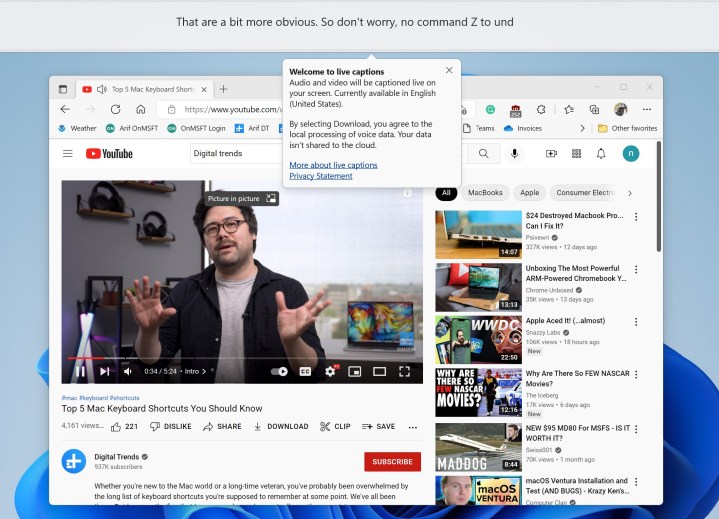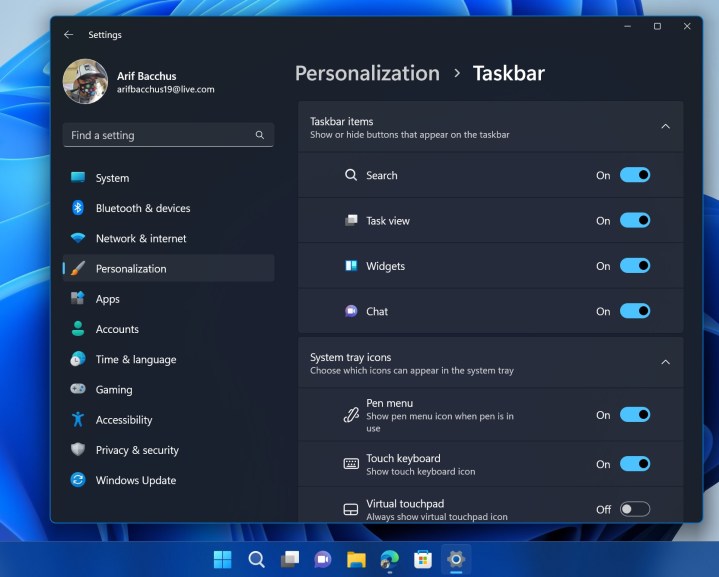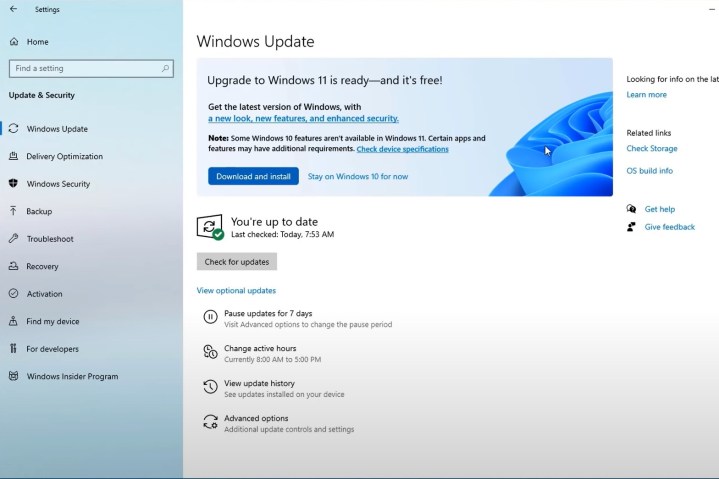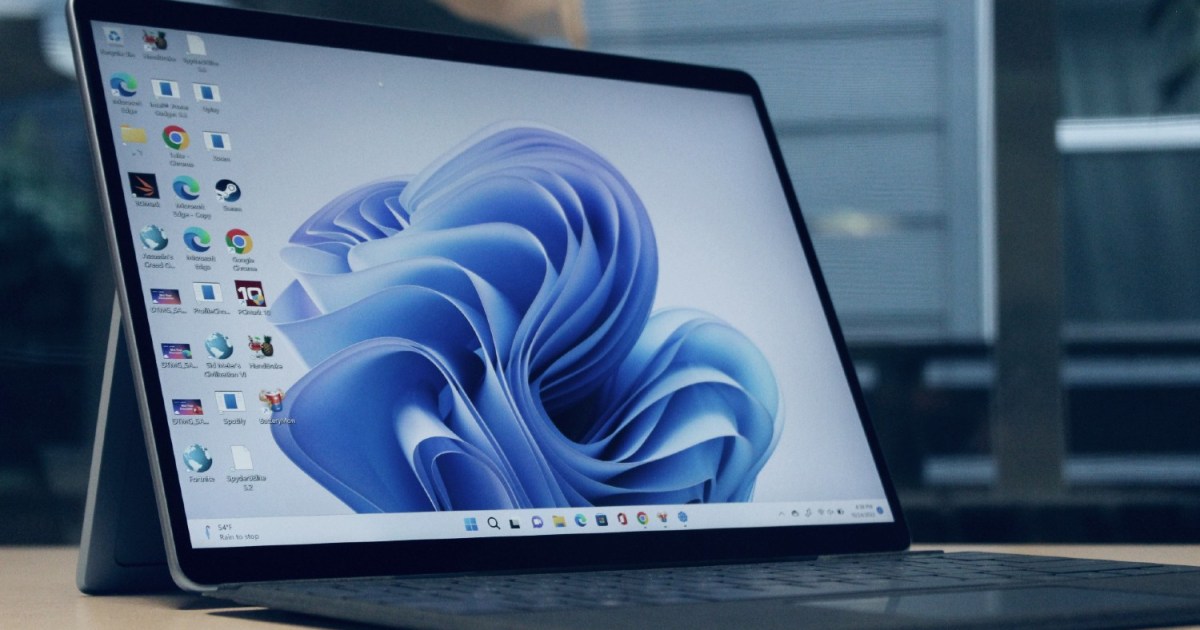Windows 11 is the latest version of Windows and it stands out as one of the best Windows versions to date. While initially similar to Windows 10 at launch, Windows 11 has evolved significantly over the years, introducing several key differences compared to its predecessor.
If you’ve been hesitant to upgrade, this article covers all you need to know about Windows 11 and highlights its differences from Windows 10. We’ll explore the new features and improvements that set Windows 11 apart.
Windows 11 vs. Windows 10: What’s New
While Windows 11 may appear like a Windows 10 reskin, it brings a host of new features. From a redesigned Start menu and Taskbar to unique functionalities, Windows 11 offers significant changes over its predecessor.
Better Design and Features

Windows 11 introduces a visual overhaul with a centered Taskbar and Start menu, resembling macOS and ChromeOS. While the Taskbar is fixed at the bottom, third-party apps like Start11 can offer customization options. Additionally, Windows 11 features rounded corners, new app icons, and unique Fluent Emojis.
Other enhancements include live captions for browsers, a Focus mode for customized notifications, and a redesigned File Explorer with tabs and upcoming OneDrive integration.
Start Menu and Taskbar

Windows 11 revamped the Start menu with a more streamlined layout, replacing Live Tiles with a static app list. The Taskbar integrates Microsoft Teams, shifting the search box into an icon and moving weather updates to the left side under Widgets.
Virtual Desktops, improved gaming features, multitasking enhancements, enhanced tablet mode, and performance optimizations further enhance the Windows 11 experience.
Should You Upgrade to Windows 11?

Upgrading to Windows 11 is straightforward and free for eligible PCs. While Windows 11 introduces new features, it also removes some functionalities present in Windows 10. Consider system requirements, compatibility, support, and update cycles before deciding to upgrade.
System Requirements and Compatibility

Ensure your hardware meets the Windows 11 system requirements, including a recent processor and TPM 2.0 support. Installing Windows 11 on unsupported hardware is possible but not recommended due to potential compatibility issues and lack of future updates for uncertified systems.
Support and Update Cycle
Windows 11 follows an annual update cycle, with ongoing support for Windows 10 until 2025. Regular updates and feature improvements characterize Windows 11, with recent updates enhancing user experience and introducing new functionalities.
Bugs

Windows 11 has experienced some bugs, though Microsoft quickly addresses them through updates. While more stable than Windows 10, Windows 11 may present compatibility issues and performance concerns, such as memory leaks.
Is Windows 11 Worth It?

For most users, upgrading to Windows 11 is a worthwhile endeavor. With a plethora of new features, performance enhancements, and design improvements, Windows 11 offers a compelling upgrade over Windows 10. Despite potential bugs and compatibility issues, the latest updates continue to refine and improve the Windows 11 experience.


